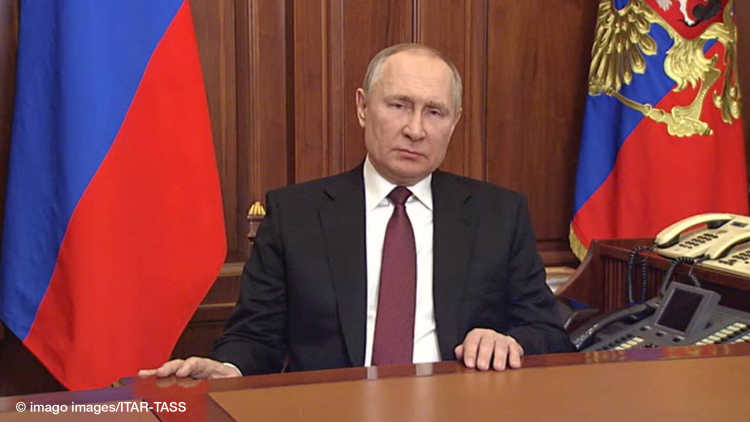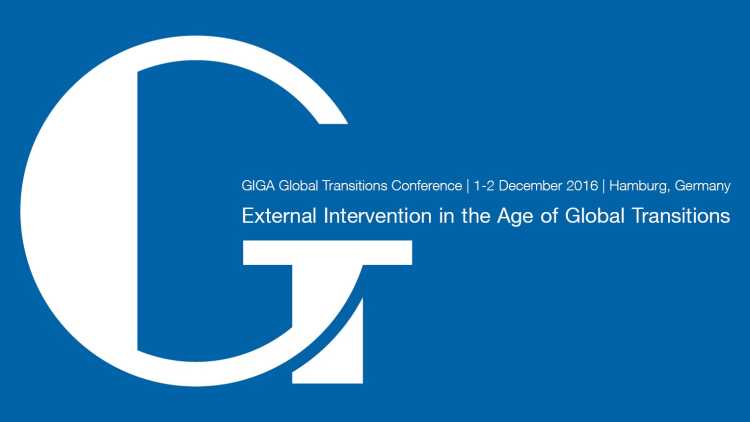- Home
- Research & Transfer
- Research Projects
- Ineffective Sanctions? External Sanctions and the Persistence of Autocratic Regimes
Ineffective Sanctions? External Sanctions and the Persistence of Autocratic Regimes
Despite various and often long-lasting international sanctions, numerous autocratic regimes such as Iran, Cuba, North Korea, Myanmar and Zimbabwe have proven to be extremely persistent. This project analyses the connection between external sanctions and persistence, taking into account especially regime-specific characteristics. With its nested research design the project closes the gap between highly aggregated quantitative analyses and individual case studies.
Fritz Thyssen Foundation, 2011-2017
Team
Research Questions
- Which factors account for the long-term stability of authoritarian regimes in the face of international sanctions and specifically those which aim at democratisation?
- Which structural power resources (e.g. repression, claims to legitimacy) do regimes fall back on, and how do they use them in reaction to external pressure in its various forms?
- Which counter-strategies do targeted autocratic regimes pursue?
Contribution to International Research
Researchers have provided largely contradictory evidence concerning the effects of international sanctions on the persistence of authoritarian regimes. In response, building on insights from research on authoritarianism, sanctions and transitions, the project identifies the specific features of those regimes that have remained stable or unstable in the face of such external pressure. Of particular interest are authoritarian regimes’ international relations, as well as their characteristics, strategies and actions.
Research Design and Methods
The project combines several research methods. Qualitative comparative analysis (fsQCA) served to establish the characteristics of persistent authoritarian regimes under sanction pressure and to select country case studies for further in-depth analysis. These case studies – Belarus, Eritrea, Zimbabwe, Colombia, Syria, North Korea, Iran, and Burundi – are analysed comparatively. In addition, two data sets were created. One provides information on the different sanctions implemented by the UN, the US and the EU, and the other focuses on the legitimation strategies of non-democratic regimes. The data sets allowed for further quantitative-statistical analyses of the implementation and effects of sanctions.
Preliminary Findings
The results of the fsQCA study attest (1) the importance of legitimation strategies employed by almost all targeted regimes to withstand external pressure; (2) the relevance of the interplay between regime characteristics, sanctions and further international factors; and (3) the different causal pathways leading to regime persistence in the face of international sanctions, which were used to select the case studies Belarus, Eritrea, Zimbabwe, Colombia, Syria, North Korea, Iran, and Burundi. In contrast to much existing research, the statistical analyses established the slightly positive effects of democratic sanctions on the level of democracy in targeted regimes. The assessment also showed that three factors mainly drive US and EU policy makers’ decisions to impose democratic sanctions: the strength of trigger events indicating infringements of democratic and human rights, particularly coups d’état, the vulnerability of the target and sanctions’ costs for their sender.
















